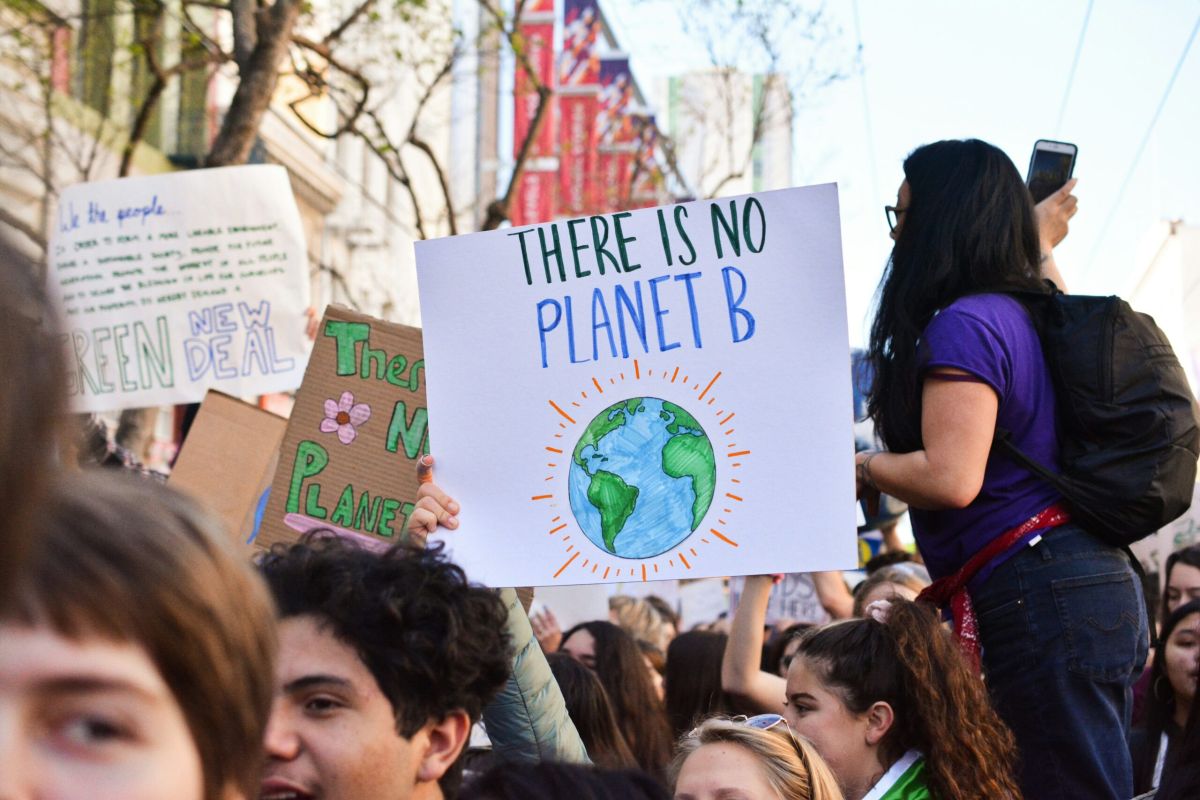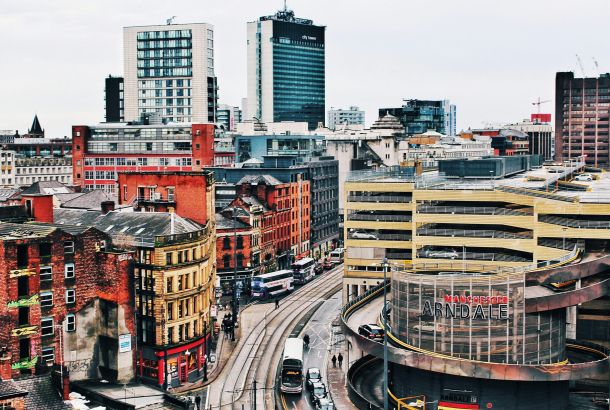COP28 is just a business meeting for fossil fuel companies: The public is being deceived

The United Nations Climate Change Conference – otherwise known as COP – is the yearly coming-together of UN countries to make attempts at finding solutions to the current climate crisis. In practice, these events vary in their effectiveness. While COP21 in Paris was overwhelmingly productive, others, like COP15 in Copenhagen, have fallen apart without a productive consensus.
This year’s conference is being held in the city of Dubai in the United Arab Emirates. Even before the event started, there were concerns from climate activists about having the conference take place in a country with a questionable human rights record. COP is meant to be an event to showcase the best of international cooperation, ignoring human rights abuses doesn’t fit with this.
The politician leading this year’s COP is Sultan Al Jaber, CEO of the Abu Dhabi National Oil Company. It is hard to deny the irony behind this. Dubai is notoriously rich in oil. Al Jaber’s leadership has been accused of ‘green washing’ – when an organisation deceivingly presents an environmentally conscious face – which makes the decision to allow his leadership untenable.
There is a clear conflict of interest when a petro-state is asked to hold a climate change conference. Calls by the EU parliament and US Congress to force Al Jaber to vacate the position have fallen on deaf ears, and COP28 has gone ahead.
When you see front pages featuring articles on scientist’s warnings for the future alongside allegations that the UEA plans to use COP28 as an oil business meeting, I understand young people’s growing reluctance to involve themselves in environmental protest and the public’s growing anger at disruptive protest. The UK government has seemed to move away from net-zero strategies, only adding to this crushing sense of disillusionment. If our own government doesn’t listen, how can we expect world governments to?
I will admit that the feeling of apathy creeps up and that I should be much more engaged with climate activism. It is understandably difficult to get students politically involved when world politics seems to continually decline, no matter what young people do. I’ve been going to protests for years but I’m increasingly disheartened at the lack of change this seems to encourage. But I’m reminded that continuing to express outrage and emphasise the younger generation’s commitment to the climate is incredibly important in influencing the decisions of elected officials.
The (still undated) next election will be used a litmus test for the ‘climate issue’ and the Tory shift away from climate is a clear attempt to win over voters who have become fed up with climate protests. Extinction Rebellion (XR) have gained prominence over the last year; one activist was convicted guilty for smashing the window of a government department’s building, another interrupted Jacob Rees-Mogg’s speech at a National Conservatism conference, and Suella Braverman launched a public order bill to confront XR’s actions.
The nationwide school walkouts in 2019 were a hot talking point, and showed how involved and passionate young people were on the issue. But just a few years later, XR protestors who block roads are often met by angry commuters. Whilst disruptive protest has its uses, it is understandable that working people, who are already struggling through a cost of living crisis, would prioritise getting to work over climate protest.
But what this doesn’t mean is we should give up entirely. Instead, there needs to be a shift back to the iconography of protest, aiming at government or large conglomerates, instead of anger at a person driving to work. It is difficult for institutions that heavily rely on public appeal and support to ignore the demands of large crowds of individuals. I’d argue that it is the public’s duty to make their upset or anger known in public ways that encourage others to similarly express their views.
Public action can be utilised to draw support to less known causes as well as reminding complacent citizens of the wrongdoings of others. Despite the government’s move away from climate change as a crucial policy point, now is the time to emphasise our collective unwillingness to abide by this. Complaining online or threatening to vote out a party at the next (undetermined) election isn’t enough; it’s our role in society to push for action and ask for change now, not later.
The UK government’s move away from climate policy is reflected by the outdated model of COP28. This year’s conference includes a massive number of fossil fuel lobbyists which seems like a red flag at a conference intended to fight fossil fuel emissions. Combined with Al Jaber’s comments denying the science behind emissions along with leaked documents implying that the UAE planned to utilise COP28 as one big business meeting to further their own oil and gas business interests, trust in the system has been eroded. People don’t believe anymore that COP works in the best interests of the individual.
Even if you’re unwilling to admit it, America has a massive influence on the world stage and Biden not attending is indicative of COP’s decreasing importance to world leaders. I understand his lack of presence might be down to the fact that he is currently juggling international conflict with domestic issues, but his unwillingness to shift his schedule for even a few hours is very telling. Even our own Prime Minister seems disillusioned; Rishi Sunak only popped over to COP for a brief visit, ironically spending more time on his private jet than at the conference. COP28 just hasn’t been a priority this year for Western states.
It is near-impossible to come to an agreement that includes all of the big economies – who are often the most to blame for carbon emissions – when crucial players are only there for a brief layover, or not even turning up at all.
If we want change, young people need to go back into the streets and show their outrage for the world to see. Political apathy rising is a dangerous slope with a time-sensitive issue like climate change, and we can’t afford to be disillusioned. COP28 has shown that states are still more focused on profit over citizen’s safety in an increasingly warming world.
The next step is to go into the streets and show governments how important climate policy is to the average person. In fact, the upcoming elections in both America and Britain present an opportunity for both governments to change their climate policies in an attempt to gain more voters. While this seems tactical, if it means that we can hold governments to account in regard to their policies towards the climate, then so be it.







